
A general view of a performance at Hangzhou Olympic Sports Centre Stadium during the closing ceremony of the Asian Games on October 8, 2023, in Hangzhou, China. (Marko Djurica/REUTERS)
I recently returned from three weeks in Hangzhou, China, at the Asian Games, a sort of Olympics for Asian countries. The event, which was postponed for one year due to the pandemic, featured some 12,000 athletes from 45 countries and territories governed by the Olympic Council of Asia participating in 40 sports.
The people of Hangzhou put on quite a show in what appeared to be an audition to be host of the Olympics someday. For the next three Summer Games, the hosts (2024 – Paris; 2028 – Los Angeles; 2032 – Brisbane) have been set by the IOC. That makes 2036 the next possible open date.
By that point it will have been 28 years since China hosted the Summer Olympics in Beijing, so I will be very surprised if Hangzhou is not put forward as a potential host for the quadrennial extravaganza. The organization of the Asian Games was top notch and the modern architecture in the city is absolutely stunning.
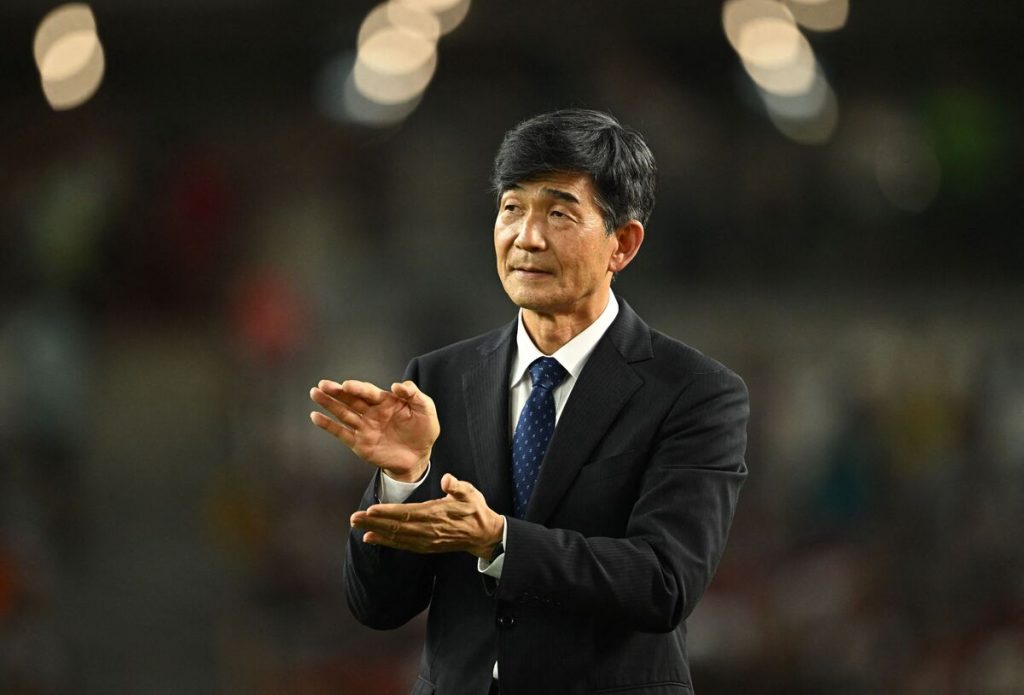
Japan's Medal Count at the Asian Games
China dominated the medal table at the Asian Games, winning 201 gold medals and a tally of 383 in all. Japan was a distant second with 52 golds, and third in the total count with 188.
For various reasons, Japan sent a team of younger athletes to the Asian Games. With other Olympic qualifying or world championship events going on concurrently, many of Japan's veteran performers didn't compete in China.
At a press conference on the final day of the competition, Japan Chef de Mission Mitsugi Ogata said he was pleased by Team Japan's showing in Hangzhou.
"We encouraged our athletes to go 'Beyond Your Limits' to achieve their goals," Ogata stated. "I believe our team's performance is worth praise. Our athletes have given their best and gotten good results. We will take the memories of Hangzhou to Nagoya in three years."
Nagoya and Aichi Prefecture will co-host the 2026 Asian Games.
When asked why Japan's medal count was reduced from the Tokyo 2020 Olympics, Ogata cited the "dominating performance by China and surprising showing by India" as primary reasons along with Japan not having the "home advantage" this time around.
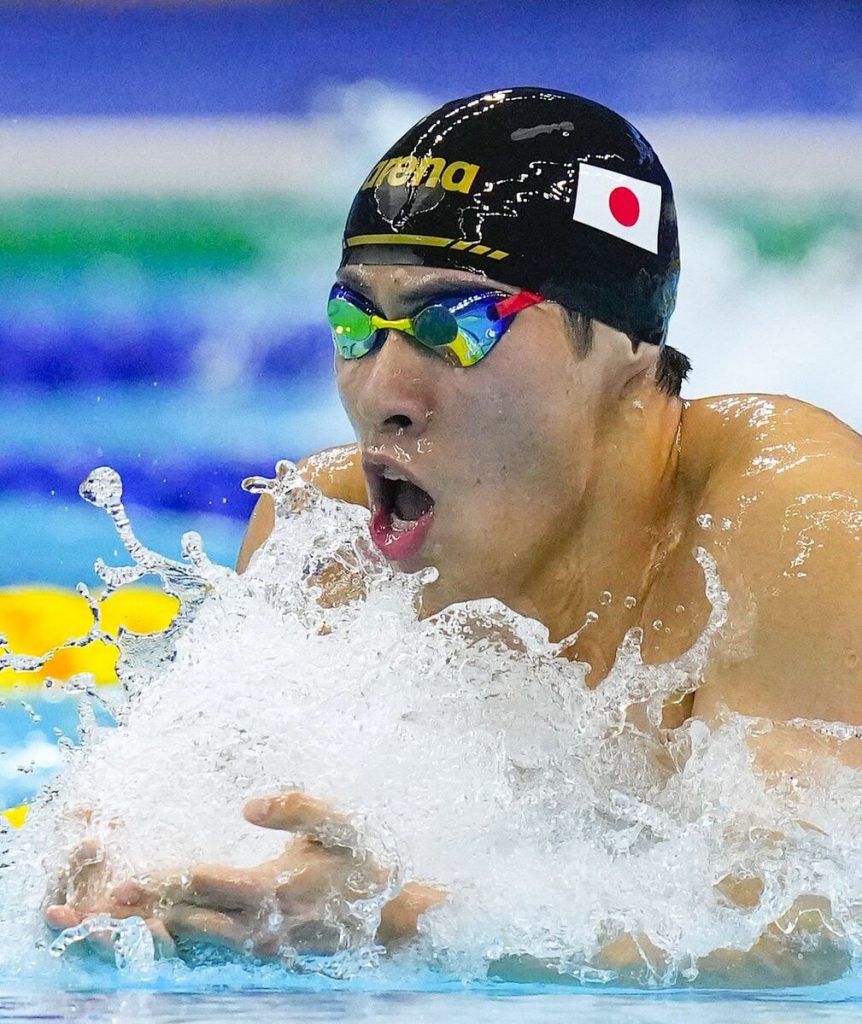
Ogata Insists Team Japan Had a 'Satisfactory' Showing
Ogata struck a positive tone in his overall analysis.
"We did make several breakthroughs here, including in softball, fencing and water polo," Ogata commented. "Also, we have qualified many athletes for the Paris Olympics. That is why our performance was satisfactory."
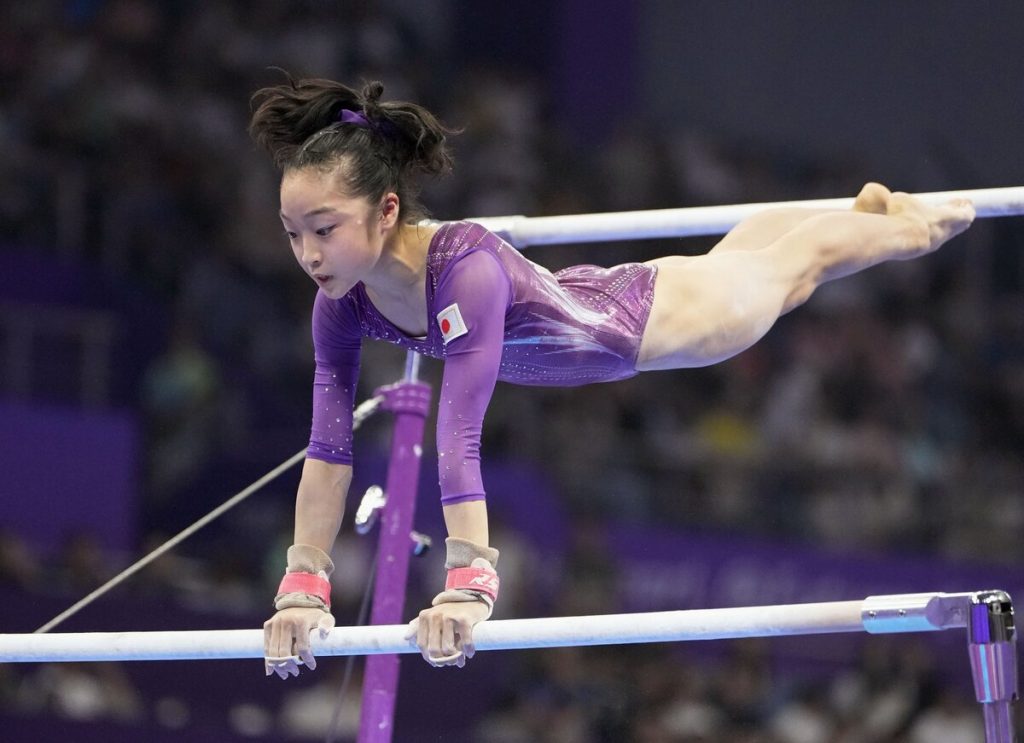
There were other noteworthy efforts by Japanese athletes in Hangzhou, including the women's soccer and softball teams winning gold medals, gymnast Mana Okamura taking the silver in the women's gymnastics all-around, and Tomoru Honda capturing two individual golds (men's 200-meter butterfly, 400-meter individual medley) in swimming.
It will be interesting to see if Japan makes more of an effort to win medals as the host in 2026 by sending the Hinomaru's top athletes to compete.
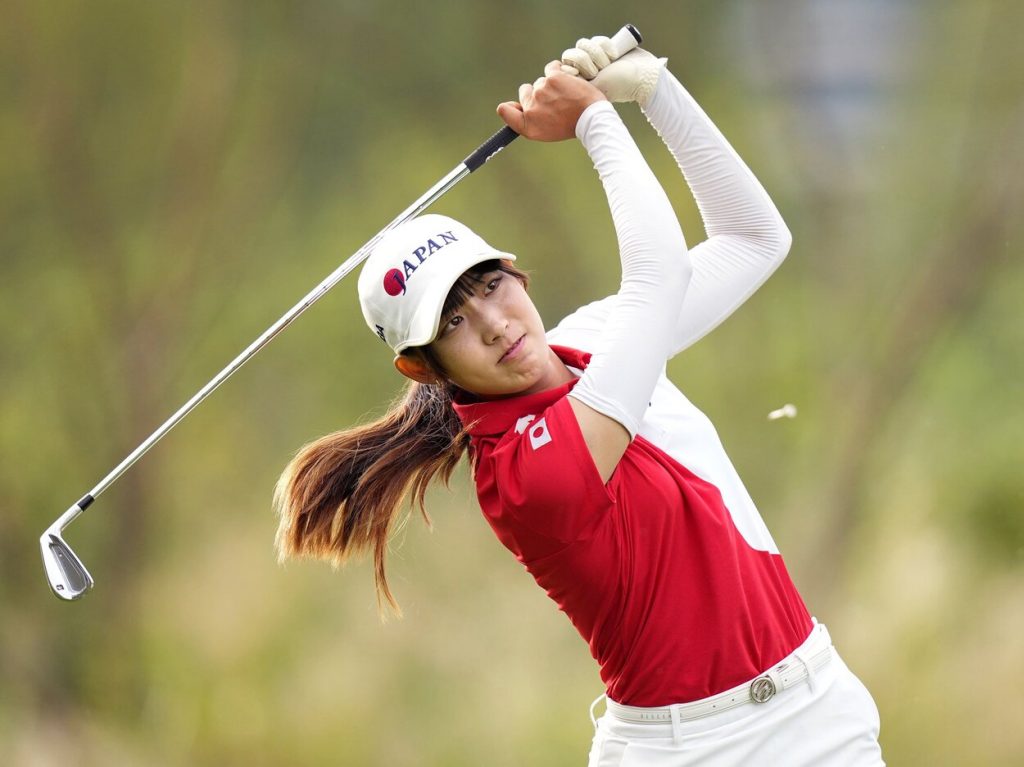
Baba Set to Vie for LPGA Tour Card
One of the promising young Japanese athletes who competed at the Asian Games was 18-year-old golf phenom Saki Baba, who won the US Women's Amateur Championships in 2022 in dominating fashion.
Baba led the golf tournament after the first round, and was in medal contention in fourth place going into the final round, but ballooned to a 77 and ended up finishing in 11th place to finish at 6-under 282.
The Tokyo native said she will attempt to earn her LPGA Tour card at the four-round qualifying event Tuesday through Friday, October 17-20 at the Plantation Golf and Country Club in Venice, Florida.
"I think it is very valuable to be able to experience this tournament," Baba stated about representing Japan in the Asian Games. "The feeling of the shots was good here for the first time in a long time, and the first three days were good. I would like to practice and retain it before the professional test."
RELATED:
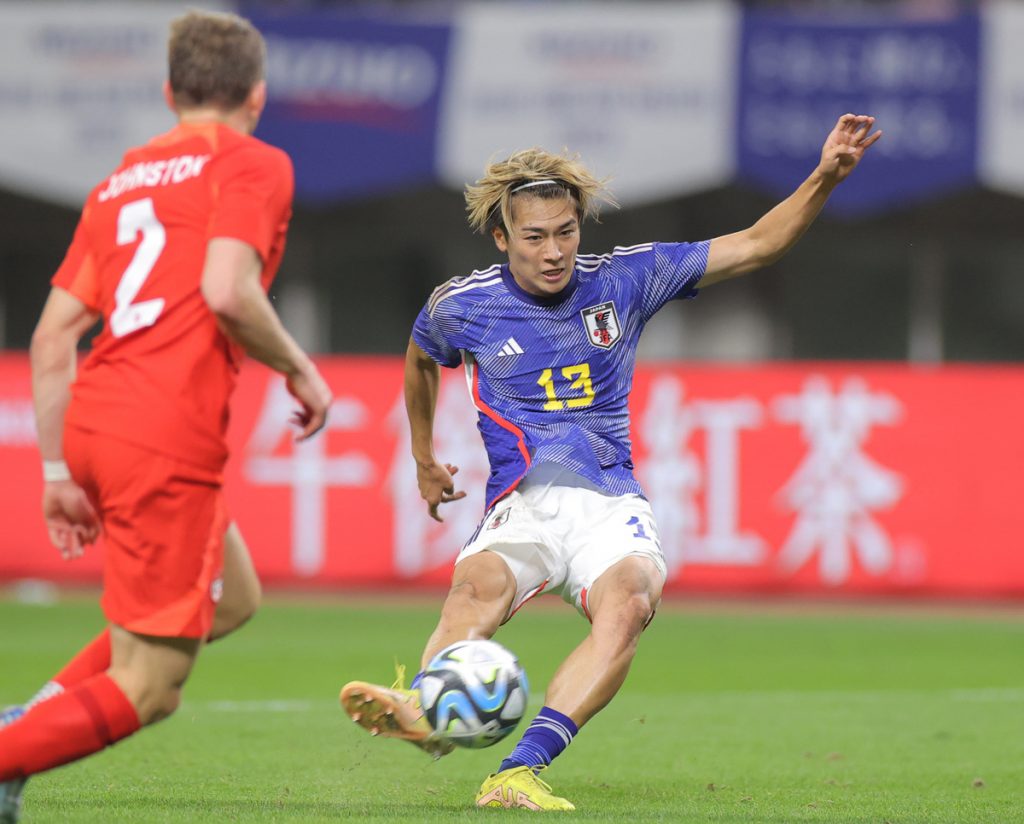
Samurai Blue Look to Continue Roll Against Tunisia
The play of the Japan men's soccer squad has been very eye-opening the past several weeks. Victories in international matches over Germany (4-1), Turkey (4-2) and Canada (4-1) have the Samurai Blue looking as good as it ever has.
Japan's problem has long been scoring goals, but with four in each of the last three games the future is looking very promising.
Next up for Japan is a friendly with Tunisia on Tuesday, October 17 in Kobe.
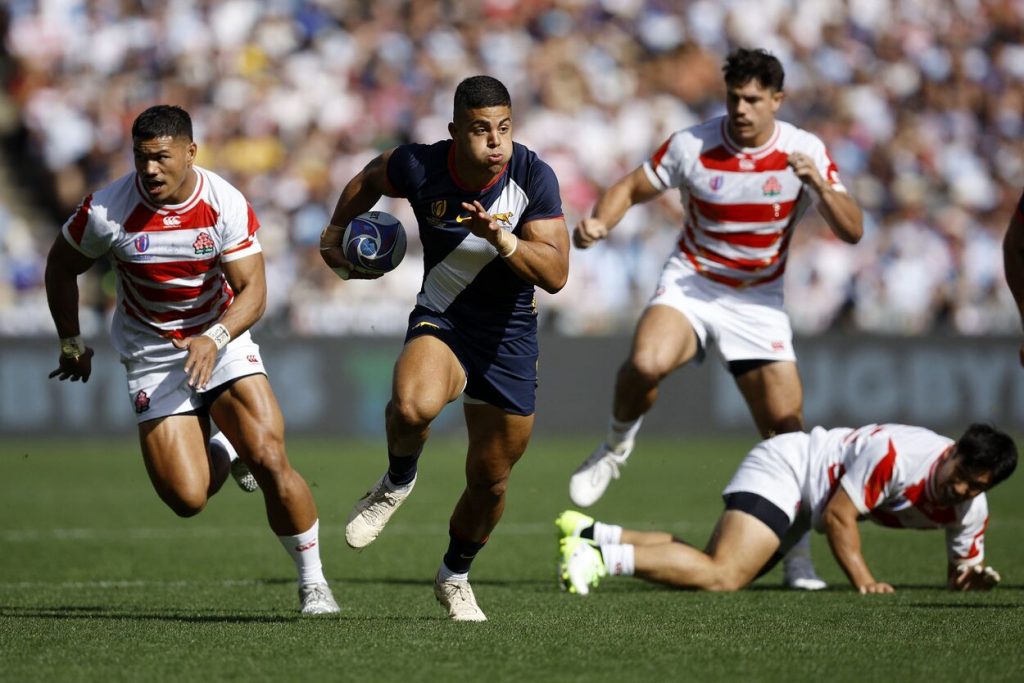
Big Changes Ahead for Brave Blossoms
Japan's exit from the ongoing Rugby World Cup with a loss in the group stage to Argentina likely signals the end of a golden era for the Brave Blossoms. With the coaching staff, led by Jamie Joseph, turning over and the roster as well, the days of making the quarterfinals of the 2019 RWC at home are looking farther and farther in the rearview mirror.
Japan went 2-2 in France with wins over Chile and Samoa, and was routed by England.
The reality is that the enthusiasm for rugby in Japan, where baseball and soccer rule, was always going to be hard to sustain, especially when so many of the team's players were imported from other countries.
In addition, the folding of the Sunwolves, Japan's Super Rugby squad, in 2020 didn't help matters, and now the reality is that rugby may return to being a niche sport here.
Author: Jack Gallagher
The author is a veteran sports journalist and one of the world’s foremost figure skating experts.






